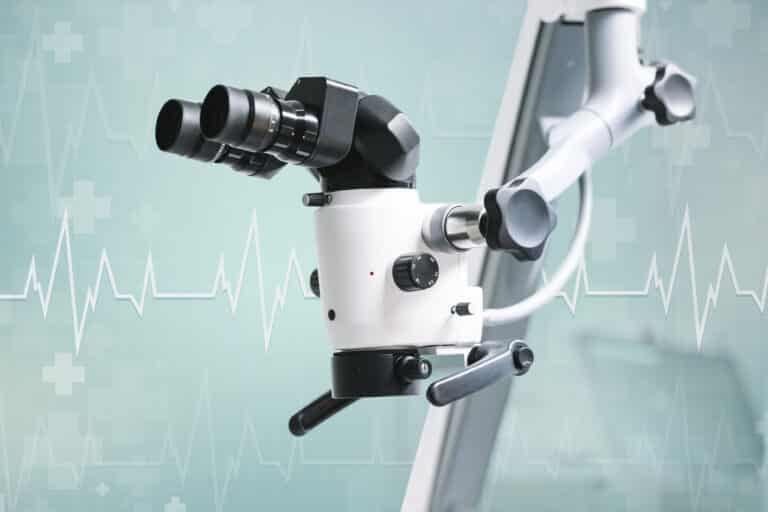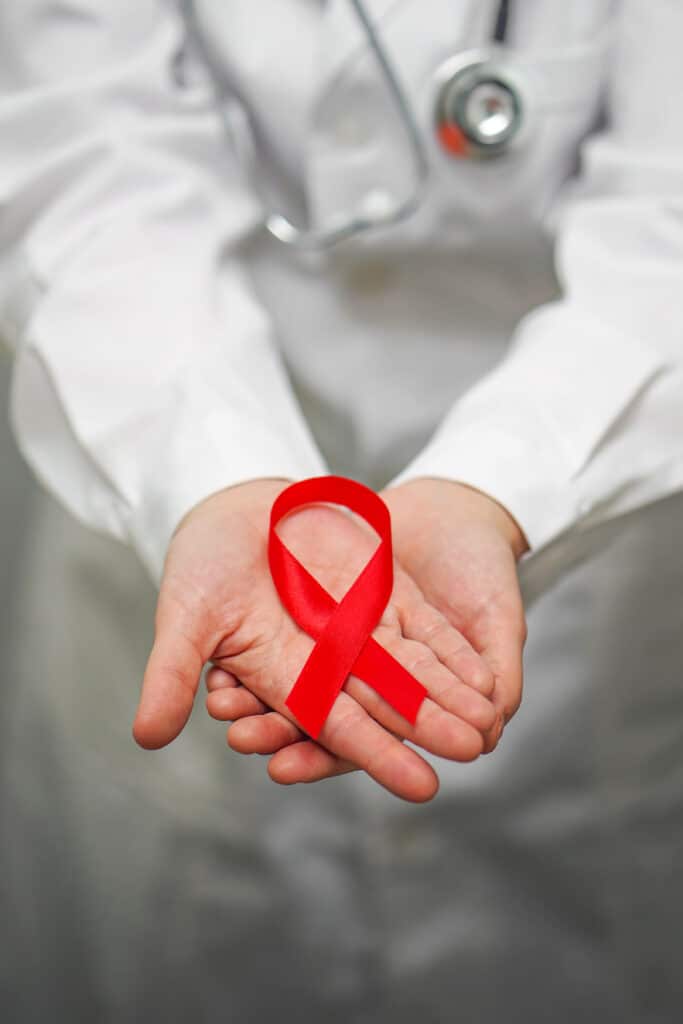Personalized cancer treatments, including robotic surgery and targeted therapy. Explore the multidisciplinary rehabilitation program at LIV Hospital.
Send us all your questions or requests, and our expert team will assist you.
For decades, the “War on Cancer” relied on three blunt weapons: cut it out (surgery), burn it (radiation), or poison it (chemotherapy). While these methods saved millions of lives, they often came at a high cost to the patient’s quality of life.
At Liv Hospital, we have entered a new era: Precision Oncology. We no longer treat cancer based solely on where it is (lung, breast, colon); we treat it based on what it is genetically. By decoding the DNA of your specific tumor, we can select “Smart Weapons”—technologies and drugs that attack cancer cells with sniper-like accuracy while leaving your healthy hair, skin, and immune system largely untouched.
Whether it is using the MR-Linac to see a tumor move in real-time during radiation, or deploying Immunotherapy to train your own white blood cells to hunt down metastasis, our goal is clear: Maximum Impact, Minimum Toxicity.
Medical oncology is the systemic treatment of cancer—using medication to reach cells that may have spread throughout the body.

This is the most significant breakthrough in cancer care in the last 20 years.

Chemotherapy kills all fast-growing cells. Targeted therapy kills only cells with a specific genetic mutation.
Chemotherapy is still a vital tool, especially for aggressive cancers (Leukemia, Lymphoma, Triple-Negative Breast).
Radiation uses high-energy X-rays to break cancer DNA. The challenge has always been hitting the tumor without burning the healthy organs nearby. Liv Hospital is home to the MR-Linac (Unity), the world’s most advanced radiation machine.

Send us all your questions or requests, and our expert team will assist you.
Standard radiation machines are “blind”—they use a CT scan from days ago. But tumors move. Your prostate moves when your bladder fills; your lung tumor moves when you breathe.

For brain tumors or spinal metastases, we use Stereotactic Radiosurgery (SRS).
When a tumor must be removed, our surgeons aim for “Negative Margins” (removing all cancer) while preserving function (nerves, speech, continence).
The robot does not operate autonomously; it is an extension of the surgeon’s hands.
We fight to save the organ whenever possible.
Theranostics = Therapy + Diagnostics. This futuristic field uses radioactive molecules to “Search and Destroy.”
For liver cancer (HCC) or liver metastases.
For patients who cannot undergo major surgery, we offer minimally invasive options.
Using CT guidance, we insert a needle into the tumor.

Chemotherapy kills rapidly dividing cells directly, while immunotherapy boosts the body’s immune system to recognize and attack cancer cells.
External beam radiation does not make you radioactive. However, internal radiation (brachytherapy) implants may emit radiation for a short time.
It is a common myth that surgery spreads the disease; surgeons use special techniques and barriers to prevent cells from spreading during operations.
Targeted therapy uses drugs to identify and attack specific types of cancer cells with less harm to normal cells, often based on genetic markers.
Chemotherapy targets all rapidly dividing cells, and since hair follicles divide quickly, they are often affected, leading to temporary hair loss.


Mammograms are key for checking breast health early. At Liv Hospital, we use top-notch mammography to spot issues. This includes calcium deposits that might show

Spotting a breast cancer tumor on mammogram images requires expert skill. Learn the scary signs radiologists look for and how they save lives. We count

Managing breast density is essential for health. Discover amazing screening tips and how often you need powerful imaging to stay safe and well. Knowing when

Breast cancer is a complex disease that affects hundreds of thousands of people worldwide each year. At LIV Hospital, we understand its causes are key

Discover the scary new legal updates regarding dense breast tissue. Learn how these powerful laws ensure women get the essential screenings needed. A new federal

Breast cancer hits over 2.3 million women every year, making it a big health issue globally. Thanks to better early detection and personalized care, some

Leave your phone number and our medical team will call you back to discuss your healthcare needs and answer all your questions.
Leave your phone number and our medical team will call you back to discuss your healthcare needs and answer all your questions.
Your Comparison List (you must select at least 2 packages)